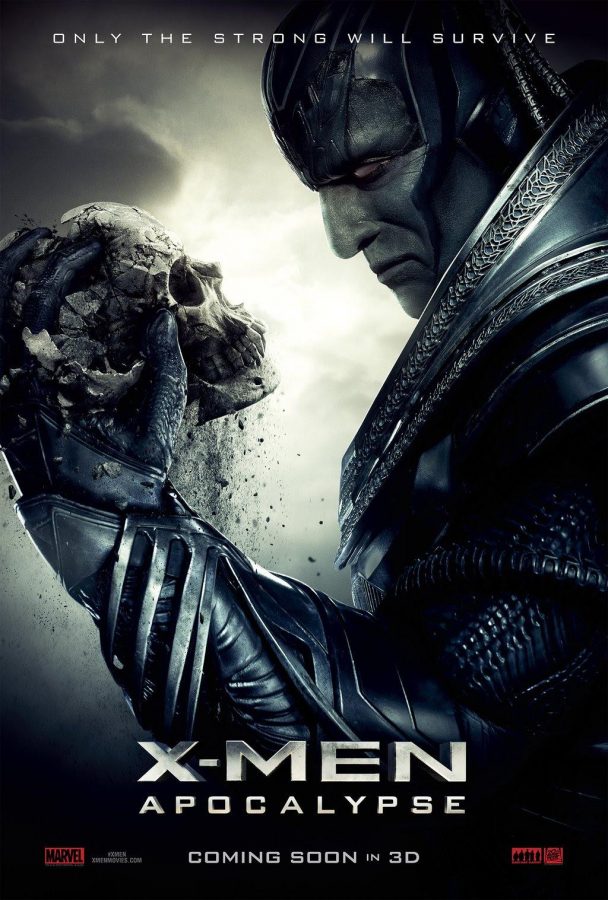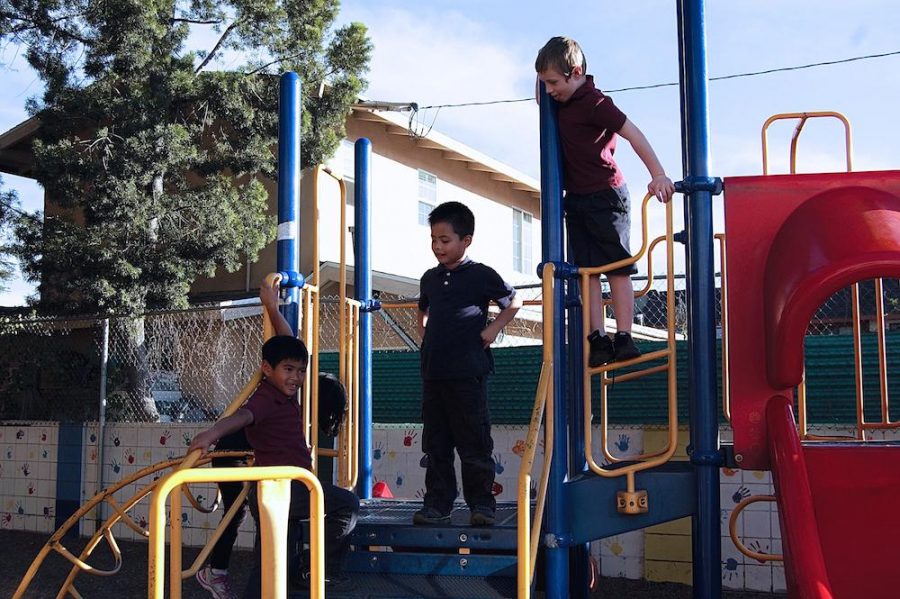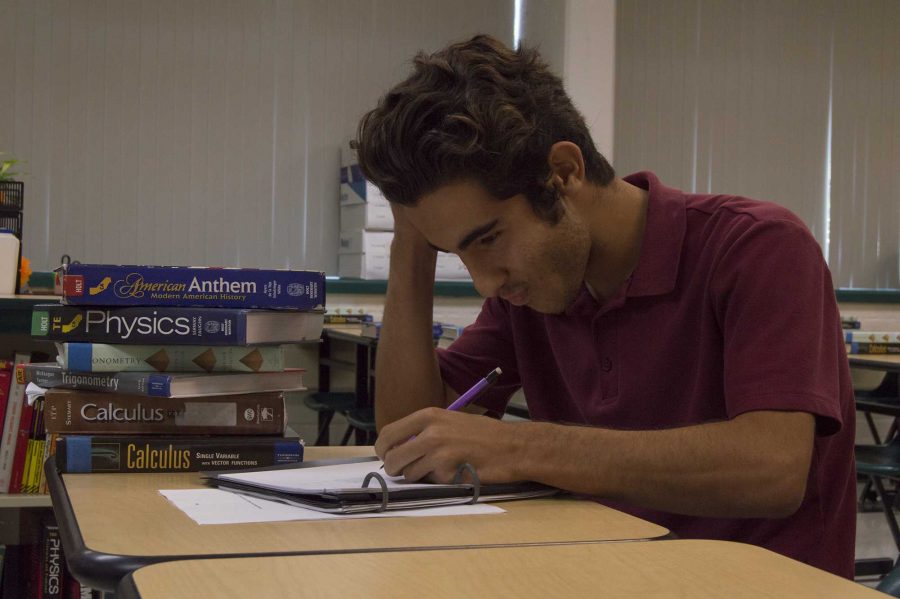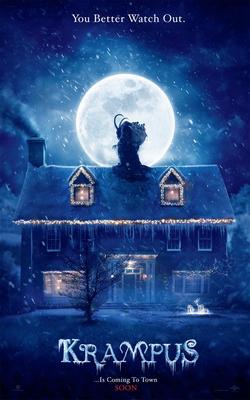(June 17, 2003) To the graduating members of the Publications class, How I wish all Clark students could experience what you have experienced. There are just a few classes at Clark – or at any high school for that matter – where you get a chance to put your talents to use for the good of the entire student body and, perhaps more importantly, where you get a sense of what is to come. You, the graduating seniors who have been a part of the Publications class, experienced one such class here where the work you did really meant something not just for yourselves but also for others. Not that doing lab experiments, creating award-winning art pieces, writing essays on the benefits of supply-side economics aren’t meaningful experiences. It’s just that these are all essentially selfish pursuits – they help you better your talents in various academic and artistic disciplines, but only in a way that serves your growing intellect and aesthetic sensibilities. In time, certainly, these experiences develop in you talents that you will share in the larger world. But for now, most of these pursuits did little to better anyone other than you. So what have you done in this class that has helped the Clark community? You’ve challenged your peers to think about issues ranging from teenage materialism to American foreign policy. You’ve shed light on talented Clark students who excel in martial arts, magic, performance and visual arts, music – all the while helping to break down the stereotype of the computer-obsessed Clark student. And you’ve created a yearbook that your peers will look at five, ten, twenty years from now and be able to relive their years at Clark. Without your talents, Clark’s record of existence would be confined to a few stories in the News-Press and the daily bulletin. Your work has helped create a collective memory of your years here, a memory that will be passed on to future generations. So consider yourselves among the fortunate ones. You committed yourselves to be in this seventh period class. And for that commitment you traded in your Friday evenings for a litany of challenges that didn’t seem to let up until the yearbooks arrived or this final issue of the newspaper went to press. Consider: the lost layouts in PageMaker, the irreplaceable digital photos deleted to make room for someone else’s “irreplaceable” photos, the roles of 35 mm film which seemed to disappear into some undeveloped film vortex, the omnipresent blue computer screens of death. You could forget your homework for Mr. DeVore’s class, and the world wouldn’t end. But if your photos of the GHS vs. HHS track meet came out blurry, or if you didn’t get that much-needed interview with Mr. Dall, or if your page didn’t print in time to make the deadline for the next Chronicle issue – now the world seemed like it really was about to end. This real world, as you’ve learned in Publications class, is messy. Things don’t always go as you’d hope. There is disappointment and there are letdowns. People don’t always live up to the expectations you set for them. And you may not always be able to live up to the expectations you set for yourself. But the real world is also filled with a range of wonderful experiences and emotions that you’ve just begun to know. The feeling of setting a lofty goal and then achieving that goal. The feeling of creating something that is a true reflection of your talents. The feeling that your talents help others. This is what you all felt at times in your experiences in this class. Certainly not every day. And probably not as often as you would have liked. But often enough to give you a sense of what life outside school walls can feel like. To the graduating members of this Publications class – Sung, Armineh, Nancy, Jason, Alice, Dina, Lauren, Kevin and Regina – I wish for you a continuation of the journey you began here. Even though you were still in a classroom, you all glimpsed a bit of the world outside school walls. It’s a scary but exciting world, a world that sorely needs your passions. For I think too often school dampens our passions. My hope for you and all Clark graduates is that you don’t accept limits that others may impose upon you. Mark Twain is often credited with the aphorism, “Don’t let school get in the way of your education.” As an educator in a public school, I should recoil at this idea. But I think Twain had a point. School too often inhibits our true creative selves. Robert Fulghum, author of All I Really Need to Know I Learned in Kindergarten , wrote about how a child in kindergarten will talk about all the things she can do. But ask that same child in high school what she can do, and she’ll instead talk about all the things she can’t do. That’s what school too often does to us. It tells us that we no longer have those limitless possibilities open to us; we can only do what others tell us we can do. I hope all of you who are graduating Clark, and not just those of you in Publications, feel you still have limitless possibilities ahead of you – possibilities only limited by your vision for yourself. School perhaps has sometimes gotten in the way of the education of your selves. But it no longer needs to. You can chart a course for your lives that will serve not just your own intellect, but will serve the good of your family, your community and in some small way, the world.
Categories:
Mr. Davis bids farewell to senior Publications students
June 4, 2009
More to Discover








